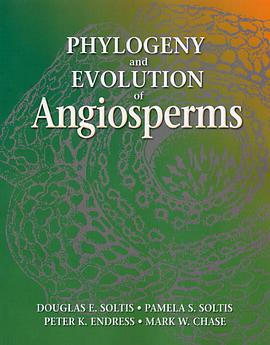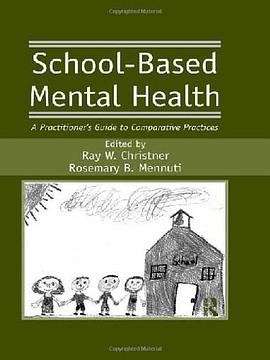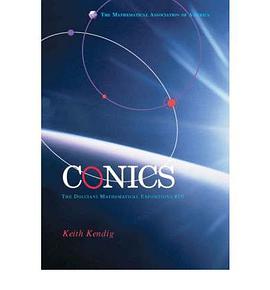

具体描述
Our understanding of angiosperm relationships has changed dramatically during the past ten years. The big picture of angiosperm phylogeny emerged suddenly as a direct result of collaborative molecular analyses, and longstanding views of deep-level relationships required revision. Many major clades of angiosperms did not correspond to the classes, subclasses, and orders of modern classifications. Furthermore, a wealth of recent data coupled with current understanding of phylogeny permits reevaluation of many deep-rooted evolutionary hypotheses. Soltis et al. provide a comprehensive summary of current concepts of angiosperm phylogeny and illustrate the profound impact that this phylogenetic framework has had on concepts of character evolution. In so doing, they acknowledge inadequacies in both current understanding of phylogeny and knowledge of morphological characters, as well as the need for additional study.
作者简介
Douglas E. Soltis is Professor in the Department of Botany at the University of Florida (USA). His current research interests include: the study of higher level phylogenetic relationships and character evolution in the angiosperms; the genetic basis of key floral differences in basal angiosperms; the genetic and genomic consequences of polyploid speciation; conservation genetics of rare plant species, and phylogeography.
Pamela E. Soltis is Curator of Molecular Systematics and Evolutionary Genetics at the Florida Museum of Natural History, University of Florida (USA). In this lab, scientists and students from many countries work with a variety of techniques to answer ecological and evolutionary questions at all taxonomic levels, including documenting the genetics of endangered species and using DNA sequences as a tool for understanding hybridization and polyploidy in plants. Other research interests include angiosperm phylogeny, floral evolution, and phylogeography.
Peter K. Endress is Professor in the Institute of Systematic Botany at the University of Zurich (Switzerland). His main research interests are in the field of macrosystematics of angiosperms, and flower diversity and evolution.
Mark W. Chase is Head of the Molecular Systematics Section in the Jodrell Laboratory at the Royal Botanic Gardens (Richmond, Surrey, UK). His main research interests are phylogenetics and classification of the angiosperms, particularly orchids.
目录信息
读后感
评分
评分
评分
评分
用户评价
相关图书
本站所有内容均为互联网搜索引擎提供的公开搜索信息,本站不存储任何数据与内容,任何内容与数据均与本站无关,如有需要请联系相关搜索引擎包括但不限于百度,google,bing,sogou 等
© 2026 onlinetoolsland.com All Rights Reserved. 本本书屋 版权所有




















